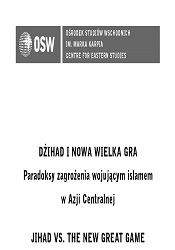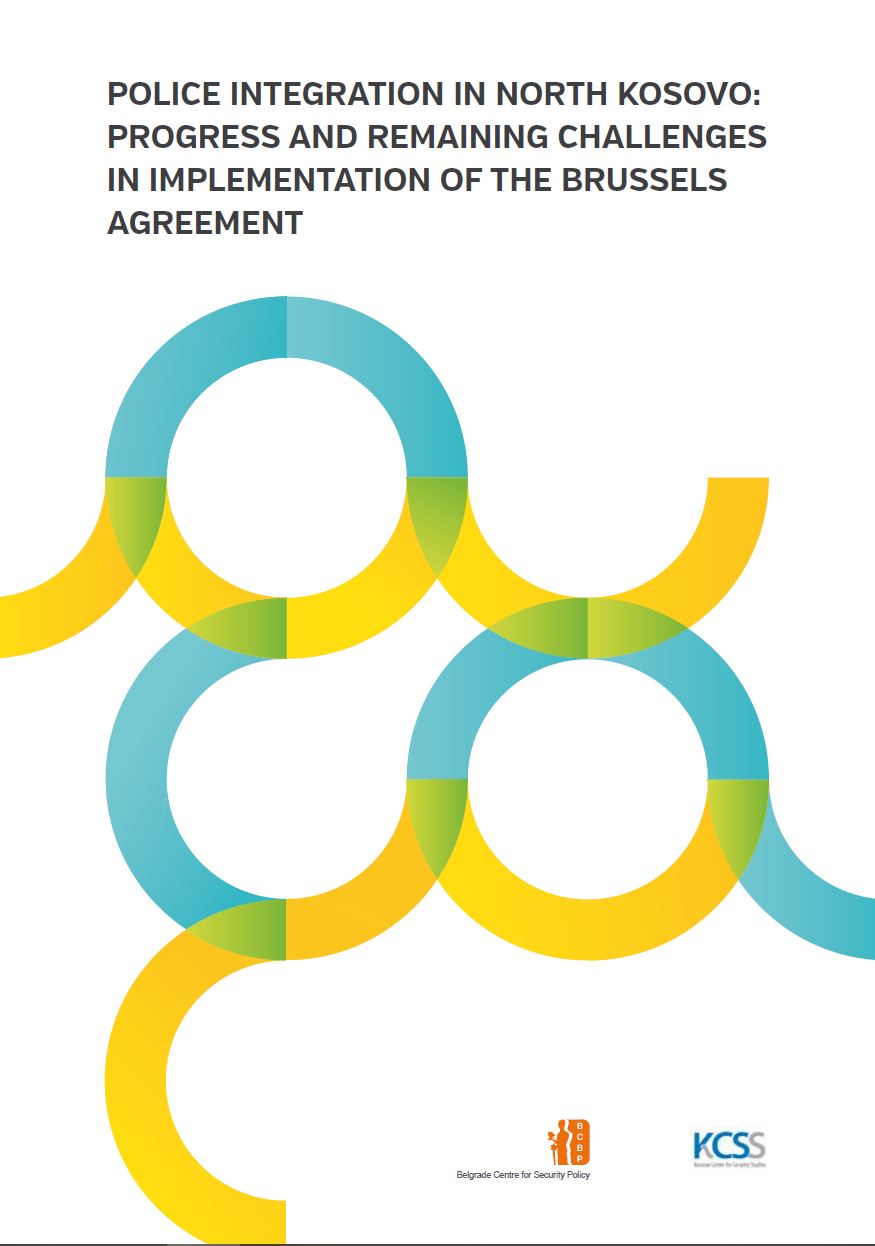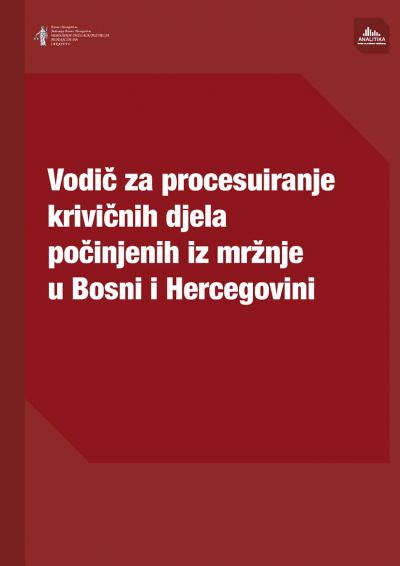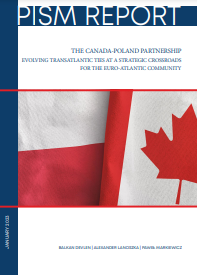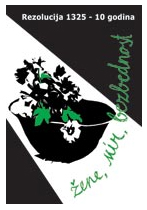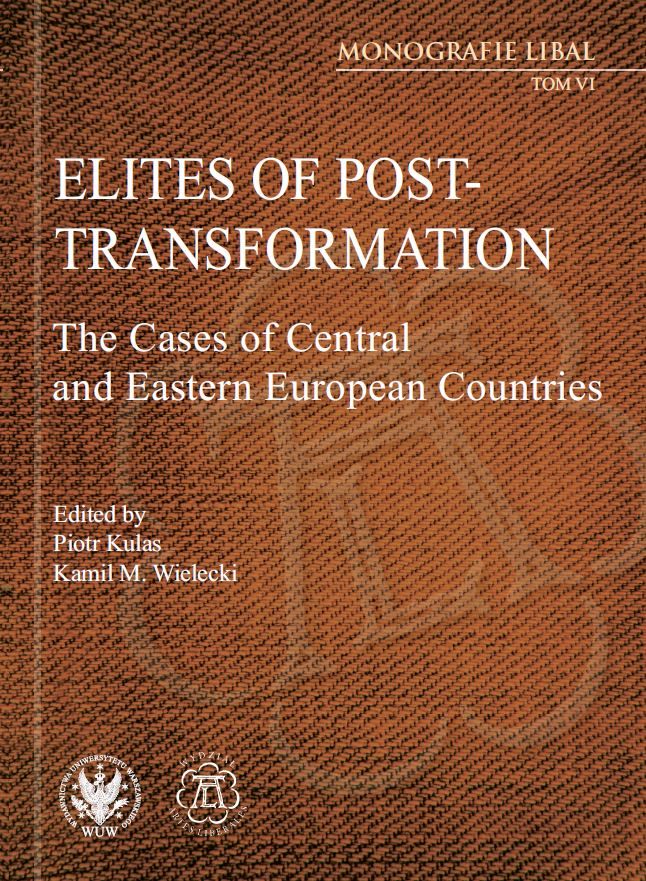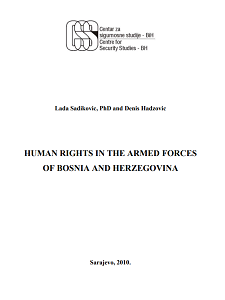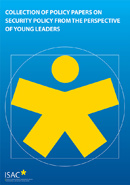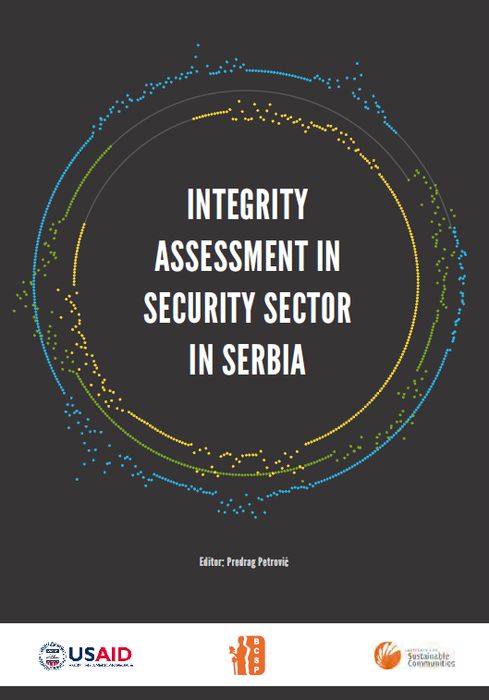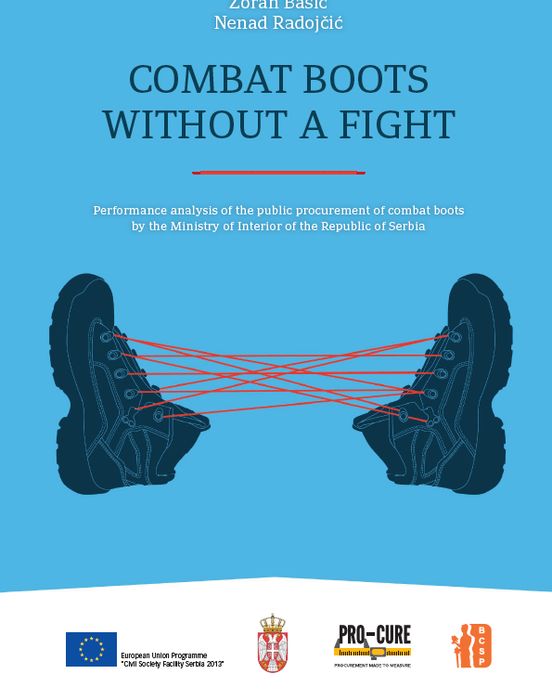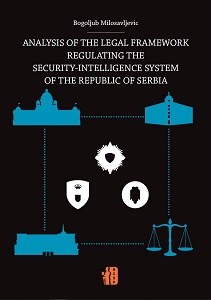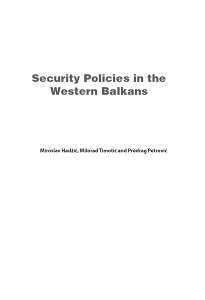Author(s): Srđan Vujović,Almir Maljević / Language(s): Bosnian
Inkriminacija krivičnih djela počinjenih iz mržnje predstavlja aktivnost karakterističnu za drugu polovinu dvadesetog vijeka, iako takva ponašanja imaju veoma dugu historiju. Ova djela, koja se zbog specifičnog utjecaja na žrtvu i zajednicu često smatraju teškim krivičnim djelima, dio su krivičnog zakonodavstva i u Bosni i Hercegovini. Prema rezultatima studije “Procesuiranje kaznenih djela počinjenih iz mržnje u Bosni i Hercegovini: perspektiva tužitelja”, ali i analize incidenata motiviranih predrasudama u Bosni i Hercegovini, procesuiranje ovih krivičnih djela predstavlja svojevrstan izazov praćen nizom poteškoća i problema. Prije svega, ovi izvori ukazuju na probleme koji otežavaju prepoznavanje krivičnih djela počinjenih iz mržnje: problem nedovoljne educiranosti osoblja u policiji i pravosudnim institucijama, izostanak sudske prakse vezane za ova krivična djela, kao i na poteškoće u svim fazama krivičnog postupka. Upravo ta realna situacija bila je i glavna inspiracija za izradu vodiča za procesuiranje krivičnih djela počinjenih iz mržnje u Bosni i Hercegovini. Prilikom izrade Vodiča pošli smo od pretpostavke da praktičari poznaju zakonske norme, te da Vodič stoga ne treba opterećivati temeljnom obradom važećih zakonskih propisa. Osnovna je namjera da se Vodičem ukaže na specifičnosti krivičnih djela počinjenih iz mržnje, te na potrebu za posebnim pristupom osoblja iz policijskih i pravosudnih organa prilikom istraživanja i procesuiranja spomenutih krivičnih djela. U Vodiču se, iz tih razloga, jasno određuje krivično djelo iz mržnje i ukazuje na načine njegove inkriminacije u Bosni i Hercegovini. Nakon toga prikazani su osnovni indikatori za prepoznavanje ovih krivičnih djela, a ukazano je i na potrebu za oprezom u radu sa tim indikatorima. Predočavanjem posljedica krivičnih djela počinjenih iz mržnje, te karakteristika počinitelja ovih djela, Vodičem se namjerava doprinijeti njihovom efikasnijem otkrivanju, istraživanju i procesuiranju, ali i efikasnom i efektivnom sankcioniranju njihovih počinitelja, odnosno ostvarenju svrhe kažnjavanja. U suprotstavljanju ovom obliku kriminaliteta u Bosni i Hercegovini policija i organi krivičnog gonjenja, kao ključni akteri, suočavaju se sa nizom problema koji proizlaze i iz neadekvatnosti važećih propisa vezanih za krivična djela izazivanja nacionalne, rasne i vjerske mržnje, razdora i netrpeljivosti (poput nedefiniranja pojmova “javnost”, “mržnja”, “razdor”, “netrpeljivost” i sl. ili problema vezanih za određivanje nadležnosti kada je riječ o procesuiranju ovih krivičnih djela), što svakako izaziva probleme u primjeni tih propisa. Ipak, u Vodiču se neće posvećivati posebna pažnja pitanjima vezanim za adekvatnost zakonskih rješenja s obzirom na to da se radi o Vodiču za praktičare, a ne za zakonodavca. Uvažavajući činjenicu da je Vodič primarno namijenjen praktičarima, metodologija izrade Vodiča prilagođena je njegovoj svrsi. Za izradu Vodiča korišteni su materijali koji su, sa istom svrhom, korišteni u državama sa dugogodišnjim iskustvom u suprotstavljanju krivičnim djelima počinjenim iz mržnje. Naravno, kako prenošenje iskustava iz jednog sistema u drugi zahtijeva i određene prilagodbe domaćem kontekstu, te radi nastojanja da se u Vodiču daju osnovne upute za rješavanje problema praktičara u Bosni i Hercegovini, za potrebe projekta formirana je radna grupa, koju su sačinjavali tužioci iz različitih tužilaštava u Bosni i Hercegovini. Članovi radne grupe, kontinuiranim konstruktivnim čitanjem i razmjenom mišljenja o korisnosti i primjenjivosti svake pojedine sekcije Vodiča u praksi procesuiranja krivičnih djela počinjenih iz mržnje u Bosni i Hercegovini, značajno su doprinijeli izradi ovog vodiča. Treba napomenuti da ovaj vodič nije mogao biti kreiran samo na osnovu oskudne prakse bosanskohercegovačkih pravosudnih organa u ovoj oblasti. Tako je prilikom kreiranja Vodiča napravljen osvrt i na iskustva policijskih i pravosudnih organa u zemljama regiona, drugim evropskim zemljama, ali i u zemljama van Evrope, koje imaju dugu i uspješnu praksu suprotstavljanja kriminalitetu počinjenom iz mržnje. Imajući u vidu da “uvoz” strategija iz drugih zemalja rijetko donosi prave rezultate, sve dobre prakse iz drugih sistema u ovom vodiču prilagođene su bosanskohercegovačkim okolnostima. Vodič ima i edukativnu i dimenziju podizanja svijesti, ali i ambiciju da ponudi određene praktične savjete profesionalcima koji se suočavaju sa ovim krivičnim djelima. Kao takav, ovaj vodič treba razumjeti prije svega kao prvi korak ka upoznavanju profesionalne zajednice u Bosni i Hercegovini sa ovom kompleksnom problematikom, a ne kao zaokruženi niz precizno utvrđenih koraka koji nužno vode uspješnom procesuiranju ovih krivičnih djela. Povećano otkrivanje i procesuiranje krivičnih djela počinjenih iz mržnje na području Bosne i Hercegovine svakako će donijeti nove uvide i saznanja, koji će uvjetovati potrebu za novim dokumentima ovog tipa.
More...
